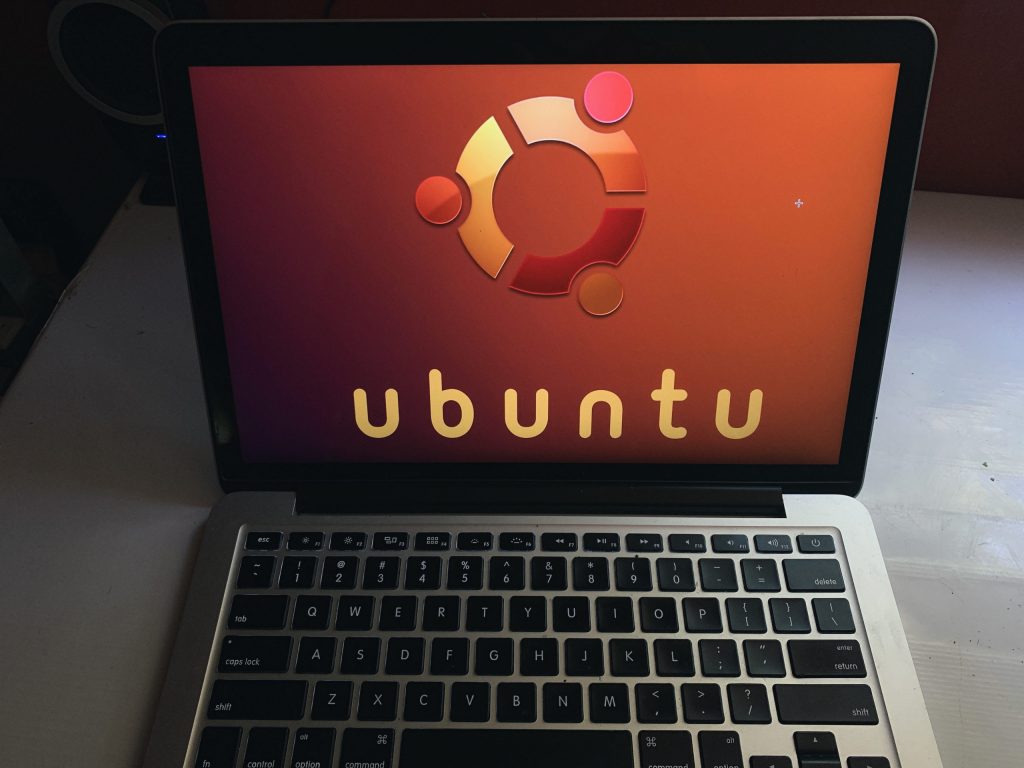Ubuntu Linux is the most popular open-source operating system. There are many reasons to use Ubuntu Linux which makes it a viable Linux distributor. Not only is it free and open-source, but it’s also very personalized and has a software center full of applications.
There are many Linux distributions tailored to suit different needs. As open-source software, Linux allows developers to choose their code and create something new and interesting.
Of these distributions, Linux, Ubuntu, Mint, Fedora, OpenSUSE, and Debian are some of the most popular operating systems. If you’re struggling with Windows 10 privacy concerns, consider trying a new Linux experience.
If we look at the statistics, Ubuntu, pronounced “oo-boon-too”, is the most popular open-source operating system. For most of us, Ubuntu is our first Linux based operating system. Having said that, I decided to list the top ten reasons to choose Ubuntu Linux as my daily operating system.
Why should I use Ubuntu Linux?
Here I am going to list some of the promising features that Ubuntu has to offer which has helped it to occupy first place among users. Let’s have a look:
1. Ubuntu is user-friendly
Many computer users find it difficult to use Linux-based systems designed for developers. This is a huge misconception and Ubuntu Linux acts as a perfect myth buster. Like Windows, Ubuntu Linux is very easy to install and anyone with a basic understanding of computers can set up their system. Over the years Canonical has improved the overall desktop experience and improved the user interface. Surprisingly, many people even call Ubuntu easier to use than Windows.
2. Ubuntu is free
This is undoubtedly a good reason to use Ubuntu Linux. It doesn’t cost you a dime to download, install, and use Ubuntu Linux. Just download it from Canonical’s website or visit your favorite torrent website, create a bootable ISO, or save it to a USB drive. It is also accepted by various educational organizations and governments around the world with the aim of reducing costs. Apart from that, most of the software is free.
The next LTS version will be released later this month ie. Ubuntu 04/18 Bionic Beaver. So you can also take a look at the main features/changes included with Ubuntu if you want to make changes.
The next LTS version will be released later this month ie. Ubuntu 04/18 Bionic Beaver. So you can also take a look at the main features/changes included with Ubuntu if you want to make changes.
3. It’s secure. Say no to anti-virus.
It would be wrong to say that Ubuntu is 100% immune to viruses. Compared to Windows, which requires an antivirus, the malware risks associated with Ubuntu Linux are negligible. You also save on the cost of an antivirus program because you don’t need it. Built-in firewall and antivirus methods ensure that you are protected.
4. High customization
The freedom to customize your system is one of the main advantages of a Linux based operating system. If you don’t like a certain work environment, replace it with a new one. If the desktop environment is not comfortable for you, feel free to experiment with something new. These features naturally come from Ubuntu Linux, so they are a good choice for day-to-day use. You can try a tool like Compiz and make your Ubuntu experience more interesting.
5. Tons of Ubuntu flavors
New users may not realize that there are many variants apart from GNOME-based Ubuntu. There are various versions of Ubuntu available to meet user-specific needs. If you want to try a modern and clean KDE desktop, there’s Kubuntu. Lubuntu and Xubuntu are available for low configuration systems. Ubuntu GNOME and Ubuntu MATE are two other popular variants. Edubuntu focuses on schools and educational institutions. Lots of choices, right?
6. Supportive Ubuntu community
Like any Linux-based project, Ubuntu has strong community support, and this is one of the biggest advantages Ubuntu has over other distributions. You can also register online, visit Linux forums, and get answers to all kinds of Linux questions.
7. Low system requirements
While the two custom flavors – Lubuntu and Xubuntu – are tailored to the needs of low-end systems, Ubuntu Unity does not require high-end system requirements by default. The recommended hardware requirements are a 700 MHz processor, 512 MB RAM, and a 5 GB hard drive.
8. Tons of free software in Software Center
Ubuntu Linux makes it easy to find the software you’re interested in. You just have to open the Ubuntu Software Center and find all useful software. Just click the Install button and the package will be installed. Alternatively, you can install a lot of software with a few simple command lines. For basic use, Ubuntu comes pre-installed with software like Gimp, Chromium, VLC, and Firefox.
9. Improved compatibility, included drivers
The new version of Ubuntu comes with the latest Linux kernel. This allows it to run on a large number of older hardware as well as newer systems with the latest chips. Ubuntu also comes with a lot of drivers pre-installed, which saves time and frustration.
10. It’s open source
Lastly, Ubuntu is open source. We’ve discussed the benefits of using open source software time and time again. However, you can read more about open source software here.
How to install/try Ubuntu?
If you want to give Ubuntu a try, you can use a live Ubuntu USB device and run it without going through the installation. You can also try it as a virtual machine.
Canonical also lets you experience Ubuntu Linux without all that hassle. You can visit the Ubuntu demo site and see what’s inside. You can’t perform any important tasks here, but it will give you a better idea of the interface.
There are also methods for getting started with Linux and using Ubuntu with the Windows operating system.

